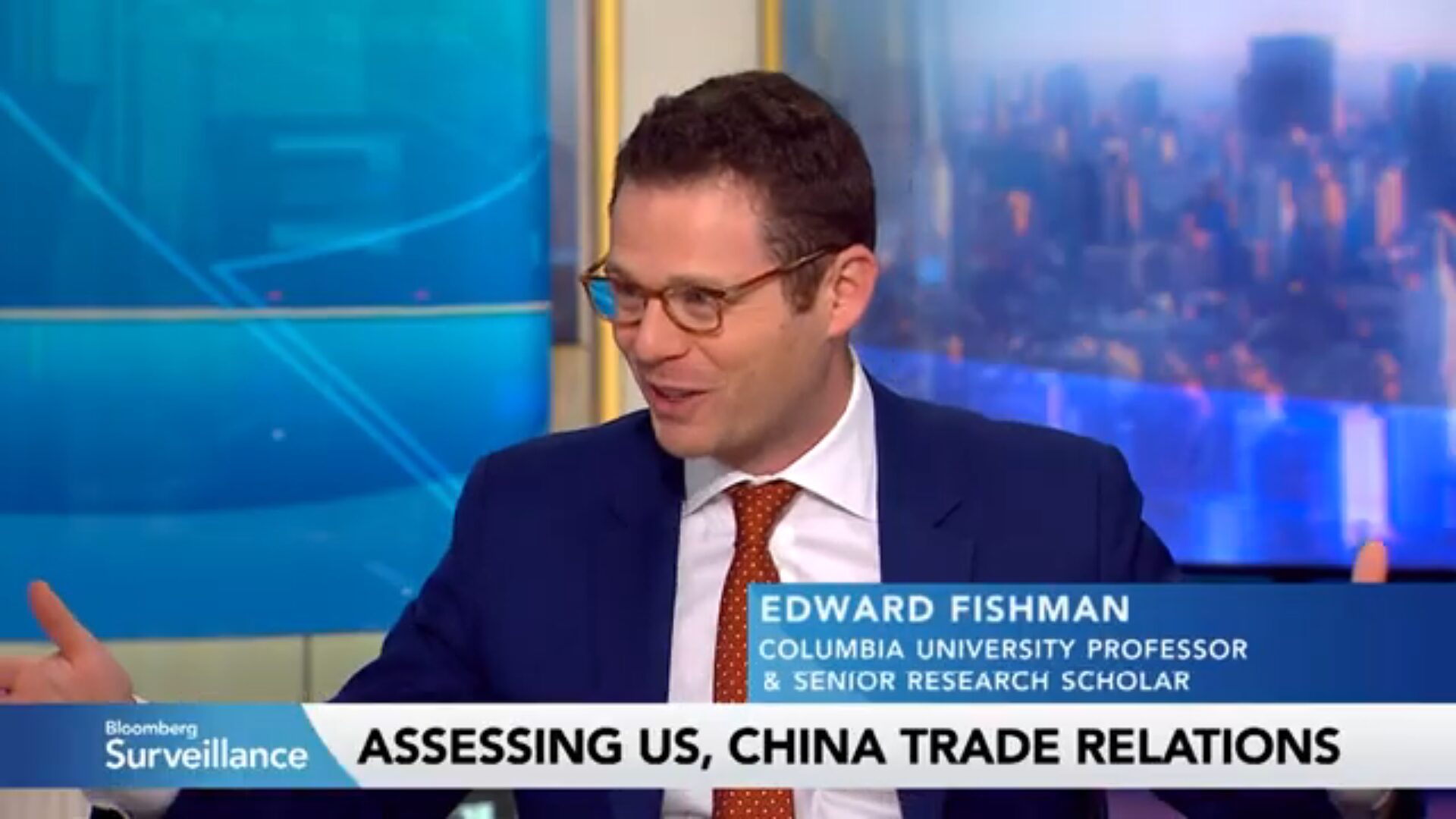
Segun Oduolowu and Matt Britton: The Future of AI
In this special edition episode of The Speed of Culture Podcast, host Segun Oduolowu sits down with Suzy Founder & CEO Matt Britton live from…
Thought Leader: Matt Britton, Segun Oduolowu

The idea that a major trend of de-globalization has begun is a “mirage” that is not borne out by data, according to the historian Niall Ferguson.
The “Ascent of Money” author and Hoover Institution senior fellow also took aim at arguments that the world is facing a “polycrisis” — when crises in various global systems combine, resulting in more severe and unpredictable effects — or a “geopolitical recession.”
This is “just history happening,” he said on a panel at the World Economic Forum in Davos, Switzerland.
“This is how history works. You get stuff that is not so perceptible, the economic convergence, the technological change, which were obviously going to alter the way the global economy worked.”
“You had a financial crisis in 2008-9, you had a populist protectionist backlash from 2016 to 2019, then you have had ‘cold war II’ from about 2018 between the U.S. and China, a pandemic, and then a war in eastern Europe.”
It would be surprising if that series of events hadn’t produced structural changes in the world economy, Ferguson said.
Global trade relative to global output has somewhat declined since the financial crisis, global capital flows have reduced, and the dominance of the U.S. as a cultural force is waning, he noted, from which you could argue globalization peaked around 2007.
But, he continued, other examples should make us skeptical of this idea.
There is continued strong trade in areas such as the European Union with no sign of an overall peak; Russia’s trade with Europe has actually increased in euro terms since the start of the war in Ukraine due to higher prices; and “the globalization of trade in services just keeps on going,” he said.
“A lot of what appears to be a peak in globalization followed by a plateau or decline has to do with price movements. Huge distortion is created by the commodity super cycle, which peaked in 2010-11, and that’s what’s driving the numbers,” he said.
He also observed Apple iPhones continue to be designed in California and assembled in China, though later in the session said he believed the “new cold war” between China and the U.S. would lead to a divide between software and hardware, with the West continuing to use Chinese apps such as TikTok, but chips and other physical products being produced by U.S. allies.
“It’s all a mirage. There is not major de-globalization going on here,” he concluded.
Segun Oduolowu and Matt Britton: The Future of AI
In this special edition episode of The Speed of Culture Podcast, host Segun Oduolowu sits down with Suzy Founder & CEO Matt Britton live from…
Thought Leader: Matt Britton, Segun Oduolowu
Mike Pence: What It Means to Be a Conservative
With a forthcoming book, the former vice president reflects on what it means to be a conservative. This Halloween, Mike Pence went trick-or-treating for the…
Thought Leader: Mike Pence
Edward Fishman on Bloomberg: Global Energy Policy
Edward Fishman joins Bloomberg on October 30, 2025. Edward Fishman is one of the world’s foremost experts on economic statecraft, with deep experience shaping U.S.…
Thought Leader: Edward Fishman

